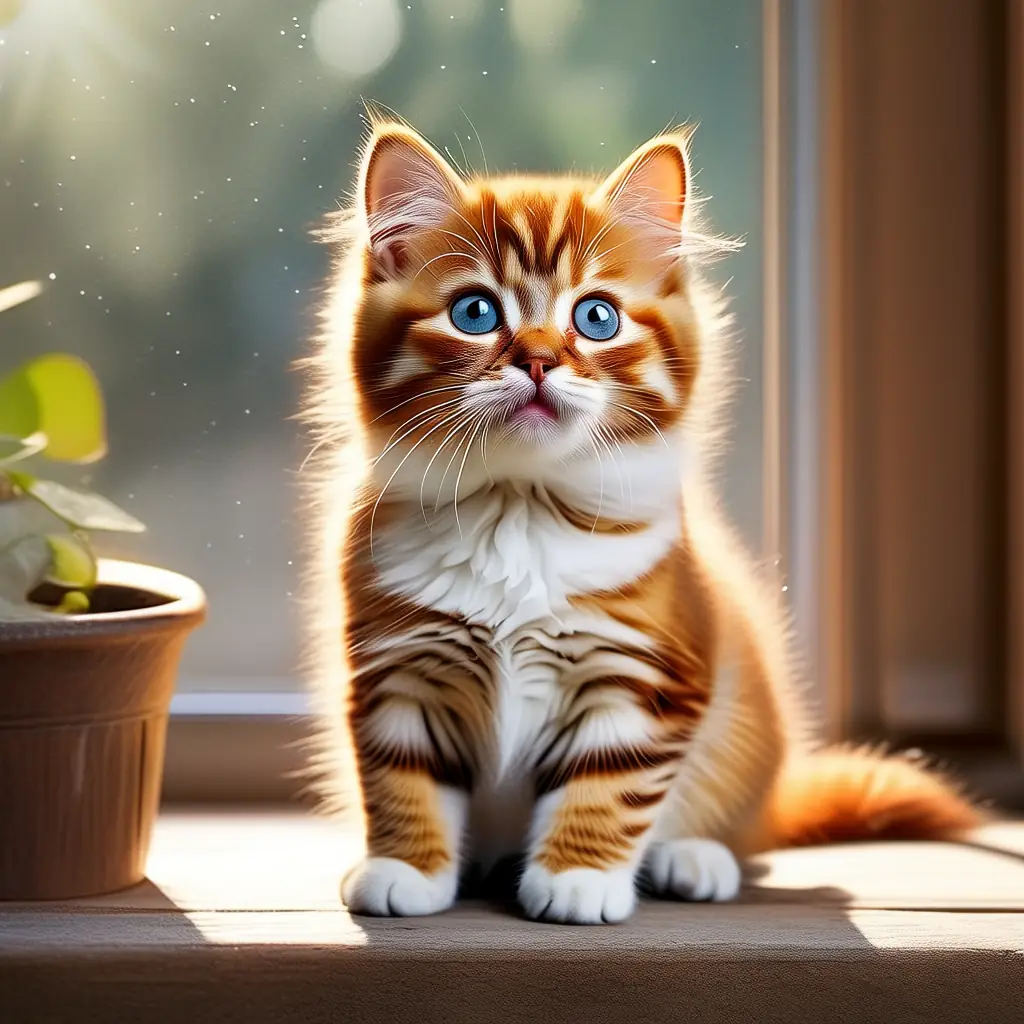Cat Nutrition Basics: Feeding Your Feline Friend for Optimal Health
As a cat owner, you want to ensure that your feline friend is happy and healthy. One of the most important aspects of maintaining your pet's well-being is providing them with a balanced and nutritious diet. A well-nourished cat is more likely to have a strong immune system, a shiny coat, and a longer, healthier life. In this blog post, we'll cover the basics of cat nutrition, offering practical tips and advice to help you make the best choices for your pet.
Understanding Cat Nutrition
Cats are obligate carnivores, which means their bodies are designed to derive essential nutrients from animal-based proteins. Unlike omnivores or herbivores, cats have specific dietary needs that must be met through their food. Here are the key components of a balanced cat diet:
- Protein: Cats require high levels of protein, especially from animal sources like meat, fish, and eggs. Protein is essential for muscle development, tissue repair, and overall growth.
- Fats: Fats provide energy and are crucial for the absorption of fat-soluble vitamins (A, D, E, and K). They also contribute to a healthy skin and coat. Good sources of fats include chicken fat, fish oil, and flaxseed oil.
- Carbohydrates: While not as critical as protein and fats, carbohydrates can provide additional energy. However, cats have a limited ability to digest large amounts of carbohydrates, so they should be kept to a minimum in their diet.
- Vitamins and Minerals: These are essential for various bodily functions. For example, taurine, an amino acid, is crucial for heart health and vision. Other important minerals include calcium, phosphorus, and magnesium.
Practical Tips for Feeding Your Cat
Here are some practical tips to help you ensure your cat is getting the right nutrition:
1. Choose High-Quality Cat Food
Look for cat food that lists a high-quality protein source as the first ingredient. Avoid foods with fillers like corn, wheat, and soy, as these can cause digestive issues. Wet food is generally better than dry kibble because it contains more moisture, which helps keep your cat hydrated and supports urinary health.
2. Consider Your Cat's Life Stage
Different life stages require different nutritional needs. Kittens, for example, need more calories and protein to support their rapid growth. Adult cats may benefit from a lower-calorie diet to maintain a healthy weight. Senior cats often need fewer calories but more fiber to aid digestion. Always check the label to ensure the food is appropriate for your cat's age.
3. Monitor Portion Sizes
Overfeeding is a common issue among cat owners. Follow the feeding guidelines on the cat food packaging, but also adjust based on your cat's activity level and body condition. If your cat is gaining weight, reduce the portion size slightly. Conversely, if your cat is losing weight, you may need to increase the amount of food.
4. Provide Fresh Water
Hydration is crucial for your cat's health. Make sure your cat always has access to fresh, clean water. Some cats prefer running water, so consider using a water fountain to encourage them to drink more.
5. Limit Treats and Human Food
Treats should make up no more than 10% of your cat's daily cal
